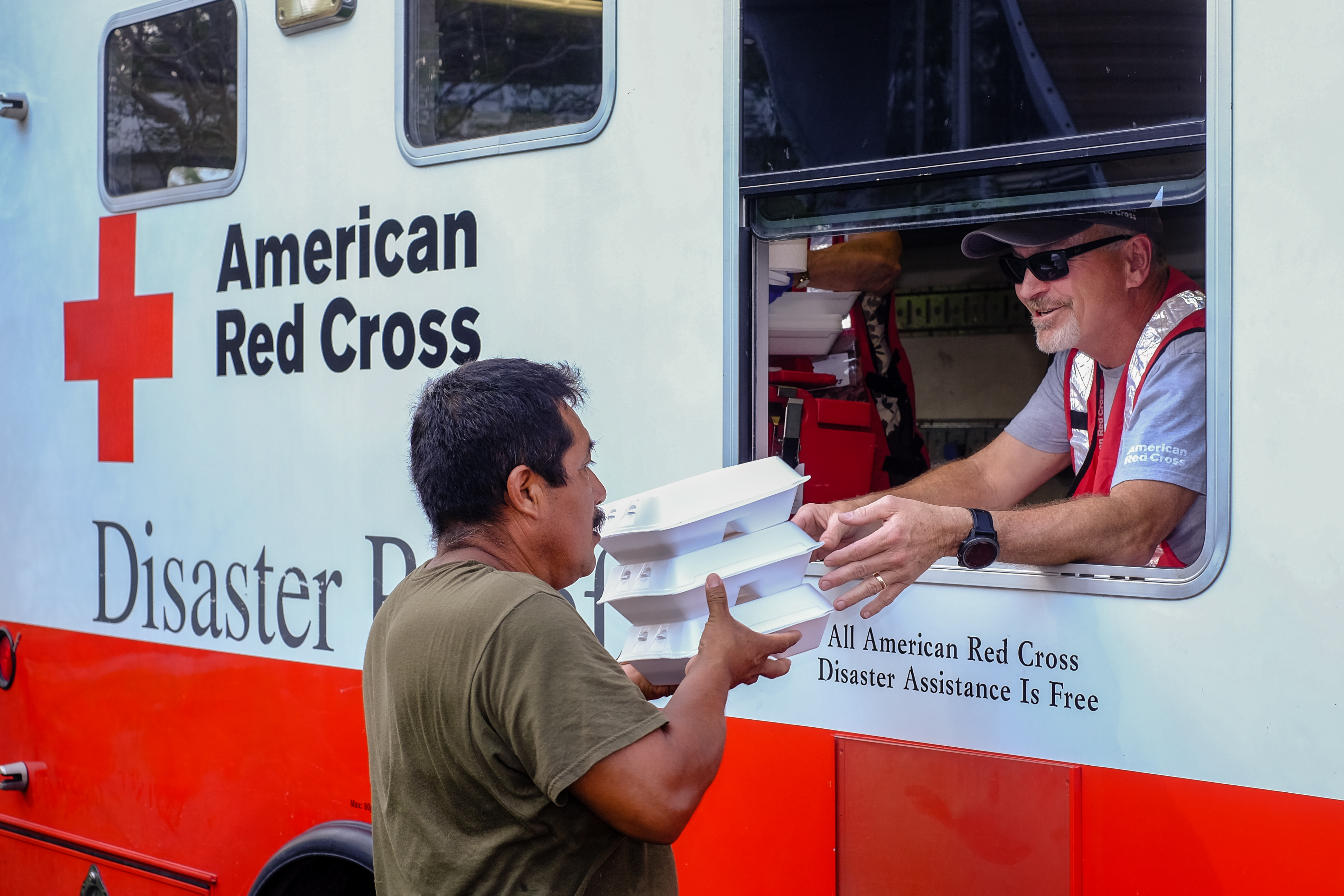By: Sam Margolin, Staff Writer
It has been two weeks since Harvey ripped into the Southern United States as a category 4 hurricane. According to CNN, 51 inches of rainfall, a record for a tropical cyclone in the continental United States, forced 450,000 victims to seek assistance from FEMA for disaster relief aid. This socio-economic disaster has caused the need for aid volunteers and donations to help feed, clothe and shelter those affected by the storm.
According to The American Red Cross, a massive response to Hurricane Harvey has mobilized more than 3,500 volunteer workers. The Red Cross and smaller local groups provide disaster relief. Forms of support include overnight stays in emergency shelters, support kitchens that can produce over 10,000 meals a day, medical supplies and mental health services. The support and care of evacuees needs to be maintained throughout the coming months.
The Red Cross has recently come under some criticism about wasteful spending. The Red Cross may have made some missteps during other disasters like Sandy and Katrina, but the Red Cross’s sheer manpower and infrastructure combat major disasters around the world in relatively quick time. Brian Mittendorf, a business professor at Ohio State University, pointed out that 40% of the nation’s blood supply is managed by the Red Cross and is a crucial tool for disaster relief. Other organizations face the same appropriation issues as the Red Cross without a 2.5 billion dollar annual budget.
According to the New York Times, Harvey will cost somewhere between 70 and 109 billion dollars in property damages, cleanup and energy sector disruptions. Other sources have estimated that by the end, the cost after restructuring could be almost 200 billion. Financial donations allow groups like the Red Cross to provide direct and immediate disaster relief without bureaucratic barriers.
At this point in time no USM student group has organized any relief efforts on campus.
According to Ann Kim, the Director of External Communications for Red Cross Maine, “One option is visiting smile.amazon.com/redcross to buy supplies like gloves, first-aid kits and pillows that will be sent to a Red Cross warehouse so they can help people impacted by Harvey. We will continue to need volunteers in the months to come, especially given the impact of Irma.”
Other non-financial actions can be taken without booking a plane ticket to Texas. Many Red Cross members have been called to the relief efforts in the states hit hardest by Harvey so local volunteers are more useful than ever. Kim said, “you don’t need to go to Texas, Louisiana or another faraway state to help. We need people right here in Portland,” she continued, “you can help staff the front desk, screen applicants, prepare people who are deploying and more.”
With Hurricane Irma hitting the Caribbean, the need for help will increase. Irma was downgraded from a category 5 to a category 4, but mandatory evacuation orders have been issued to over one million Florida residents. The Governor of Florida, Rick Scott, said on Good Morning America, “If you’re in an evacuation area, you’ve got to get out; you can’t wait,” In the face of another potential disaster, the need for national strength, charity and community is more significant than ever.
If you are able to help by volunteering with Red Cross, you can apply by going to redcross.org/volunteer or by contacting MEvolunteer@redcross.org. To make a direct contribution, visit redcross.org/donate/. There are also some ideas for fundraisers provided by The Red Cross of Maine available here redcross.org/donations/ways-to-donate/fundraising-ideas-and-requests.

